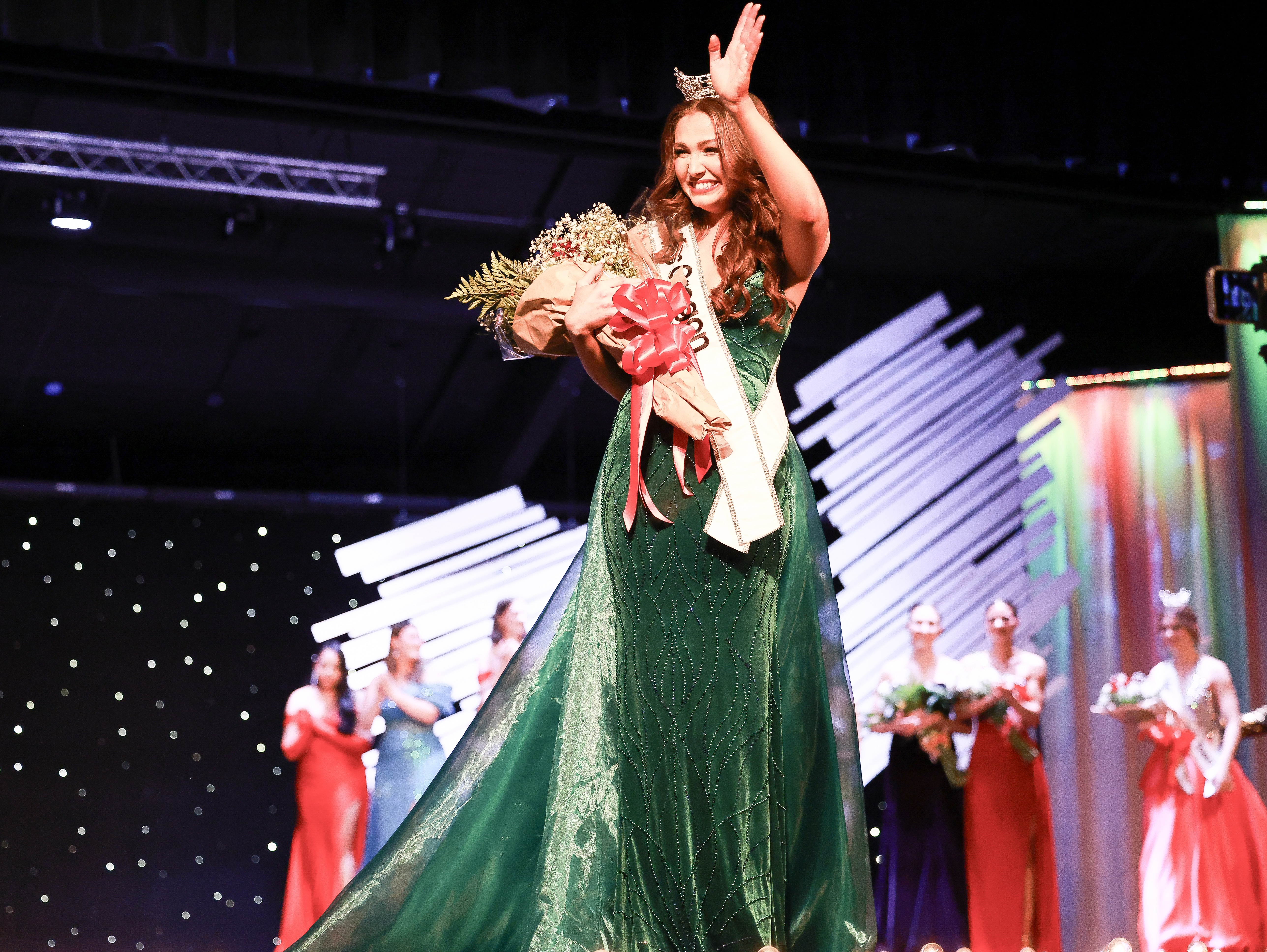Bookmonger: Poems of grief and solace
Published 9:00 am Tuesday, May 23, 2023

- “Hospice House,” by Joanne M. Clarkson, tells stories of isolation, illness and care from a wide-reaching group of observers.
Sometimes poetry cuts to the quick: it certainly does in two new releases from MoonPath Press. “Hospice House” and “A Bird Watching” are poetry collections about seeing death come for others and leaving us to survive as we might. These poems aren’t for the faint of heart.
Begin with the opening dedication in “A Bird Watching,” Portland poet Victoria Wyttenberg’s new book: “For those I love who have died: my mother, father, sister, brother, husband, daughter, son.”
Isn’t that lone sentence enough to cause most to crumple to their knees? How does anyone survive such a series of losses? And yet, Wyttenberg has.
“A Bird Watching” by Victoria Wyttenberg
MoonPath Press — 78 pp — $14.99
“Hospice House” by Joanne M. Clarkson
MoonPath Press — 114 pp — $16.00
In a poem titled “Fish in the Blood and a Bird Watching,” she keens over her daughter’s wasting-away death.
“The Burial of Casagemas” is part ekphrastic homage to a painting by Picasso, and part elegy for her son who died by overdose.
Some of these poems capture the abuse and dysfunction that played into the alcoholism that claimed her mother’s life, or the dementia that gnawed at her husband’s faltering physical form.
In another poem that considers her fly-fishing father, the stark line that bubbles across the surface is simply: “How exacting death is.”
But Wyttenberg still finds beauty in flowers and frogs, birds and colors. Yellow may indicate jaundice, but it also manifests in sunflowers. Blue may signify mood but also signals a heron’s patient vigil. Green is for frogs and endurance in the face of adversity. Pink is for peonies and the solace they provide, even if temporary.
In the other poetry collection, “Hospice House,” Port Townsend poet and nurse Joanne M. Clarkson recalls her patients’ final days and pays tribute to their lives.
In doing so, this becomes a small catalog of the many different ways human beings manage to expire — accidents, cancer, the ravages of old age and more.
Clarkson bears witness to it all in these poems, including a couple that reflects the tragedy of dying during the coronavirus pandemic. “Twice Silent” shares the isolation imposed on a terminally ill patient who had grown deaf over the years but had learned to read lips, only to be denied that ability when the pandemic necessitated the use of masks by hospital personnel.
“The Ultimate Alone” tells a similar story, but from the nurse’s point of view. Clarkson captures gestures of care — whether it’s an unending supply of casseroles from the neighbors or the 11-year-old granddaughter who stations herself outside the sick room with her trumpet to play a not entirely tuneful version of “When the Saints Go Marching In.”
She writes about the tender mercies of ministering to bedsores, offering sips of water, listening to memories and regrets.
And finally, she acknowledges “the way breath comes to terms / with time.” Both poets use language with care and both books are beautifully crafted. And I’d wager that both books will bring you to tears.






